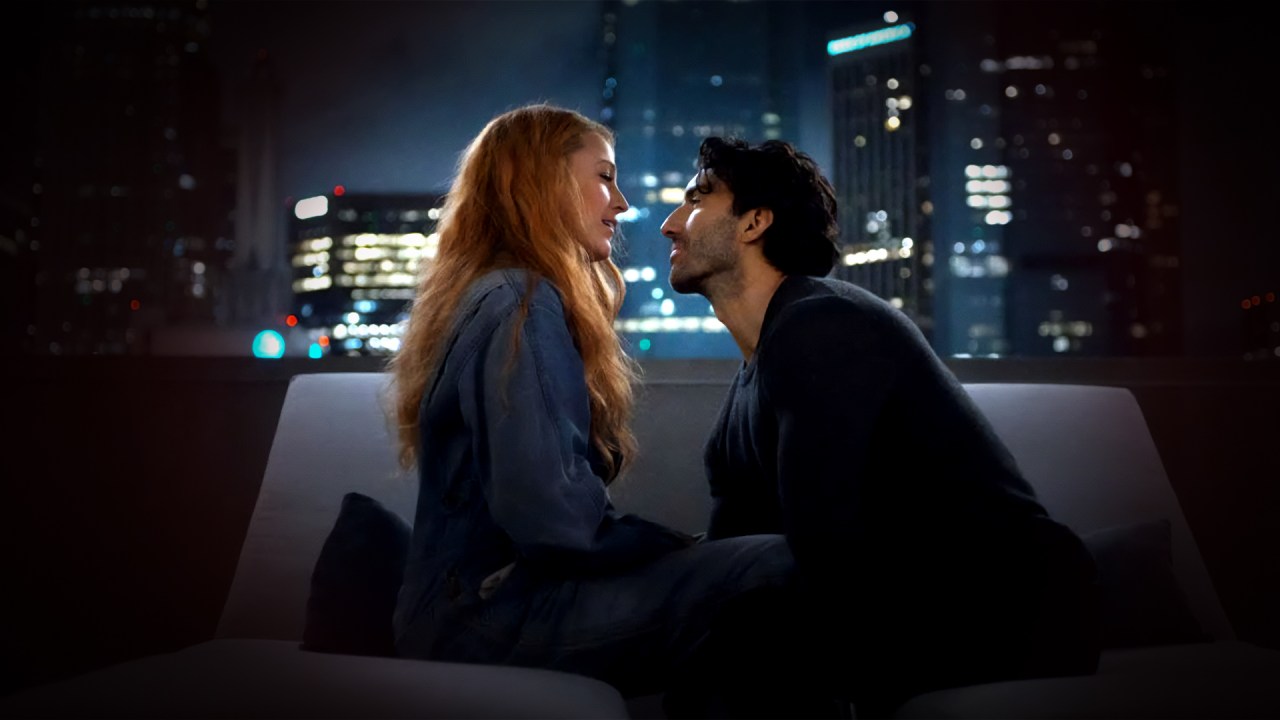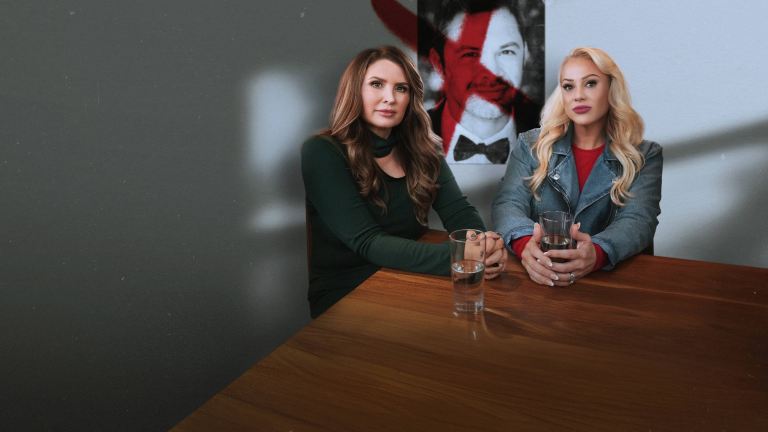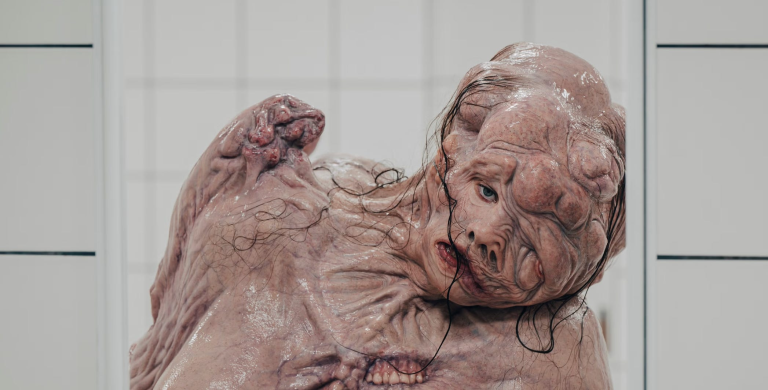
‘It Ends With Us’ And The Problems With Sensationalizing Unhealthy Relationships
It Ends With Us is the hot topic in Hollywood right now. Starring Blake Lively as Lily Bloom and Justin Baldoni as Ryle Kincaid, It Ends With Us is based on the book of the same name by Colleen Hoover about Lily moving to Boston to open her own business. She wants to escape her hometown to leave her abusive past, and it’s her lifelong dream to open her own business and all of the pride that comes along with being a business owner. Lily doesn’t expect to meet a super charming neurosurgeon named Ryle. The two of them meet and fall in love very quickly, but all is not as it seems. Lily is expeditiously reminded of growing up around her parents’ marriage and becomes stuck in an incredibly toxic relationship engulfed in domestic violence.
If you haven’t read the book, walking into this movie, you would assume it was a cutesy rom-com based on the marketing for It Ends With Us. Audiences have been shocked at how different the movie is portrayed within trailers and marketing materials in comparison to the scenes of emotional and physical abuse endured by Lily. There has even been speculation of Justin Baldoni being chauvinistic and making Lively uncomfortable on set, so all around, It Ends With Us could’ve done a few things better to accurately portray what people were walking into the theaters to see. While there are some positives, It Ends With Us continues to push the sensationalism of domestic violence to make those types of relationships seem romantic. Let’s take a look at some things that It Ends With Us does that may trigger survivors.
It’s Not As Easy To Leave
The age old question that many people speculate upon when examining domestic violence is “why did they stay?” The question can fill a survivor with guilt as they knew how hard it was to leave, but for anyone who hasn’t experienced it, it’s impossible to describe. According to many different domestic violence and abuse centers, it takes someone an average of 7 times to leave their abuser. After each attempt to leave, violence typically escalates as well, putting the victim at a greater risk for violence. In the movie, Lily calmly tells Ryle that she is leaving him after she gives birth to their daughter. Ryle receives this pretty well as he just kind of walks off into the distance after being told.
Things Don’t Go Back To Picture Perfect When You Do Leave
After Ryle walks away from Lily without any continued violence, Lily continues on with her life and its almost as if none of the physical and emotional abuse happened. She is happy and moving on with her life and its as if Ryle was just a really bad fever dream for her. This is not always the case. In fact, the National Domestic Violence Hotline names the most violent time for a victim is after they leave their abuser. Its in this time that stalking, threats, and potentially even more violence will occur. The abuser misses that power dynamic they have over their victim and will do anything to get it back. In It Ends With Us, Lily walks away scot-free and moves on with her life. This can be incredibly triggering to a survivor who has endured the post-leave violence and fear.
Hollywood Romanticizes Abuse As Passion
In the beginning of Ryle and Lily’s relationship, he is relentless. Despite explaining to her that he is a player and doesn’t want to commit, he continues to go after her and almost tries to convince her to give him a shot by ignoring every boundary she has set. To Lily, this looks like an act of love and passion. This is actually love-bombing and It Ends With Us doesn’t call it that at all. Hollywood has a way of making this love-bombing phase, which is a form of power control and abuse, into something to be desired. It’s as if the one being pursued should fall to the pursuer’s knees because they’re trying so hard and like them so much.
Once the abuser gets their victim, that’s when the gaslighting begins. Ryle does this to Lily by convincing her of certain things being accidents or him expressing that his outburst was just “passion”. That’s a big buzzword for masking what abuse can actually be. If an abuser yells or gets outwardly jealous or has fits of rage, Hollywood will frame it as passion to make it more palatable for the watcher. Everyone wants passion, so call anything passion and it gets a pass.
It Ends With Us had a perfect opportunity to address domestic violence and abuse and bring awareness and attention to something so rampant, but it fell a little short. If you are planning on seeing It Ends With Us and you have any experience of physical or emotional abuse, it may be a hard watch, so it’s best to be honest about your current mental and physical state before purchasing a ticket or eventually streaming it from home. It Ends With Us is less of a rom-com, and more of a heartbreaking tale that may feel too reminiscent of a real-life scenario.
It Ends With Us is in theaters and is set to be released for streaming in the near future.











